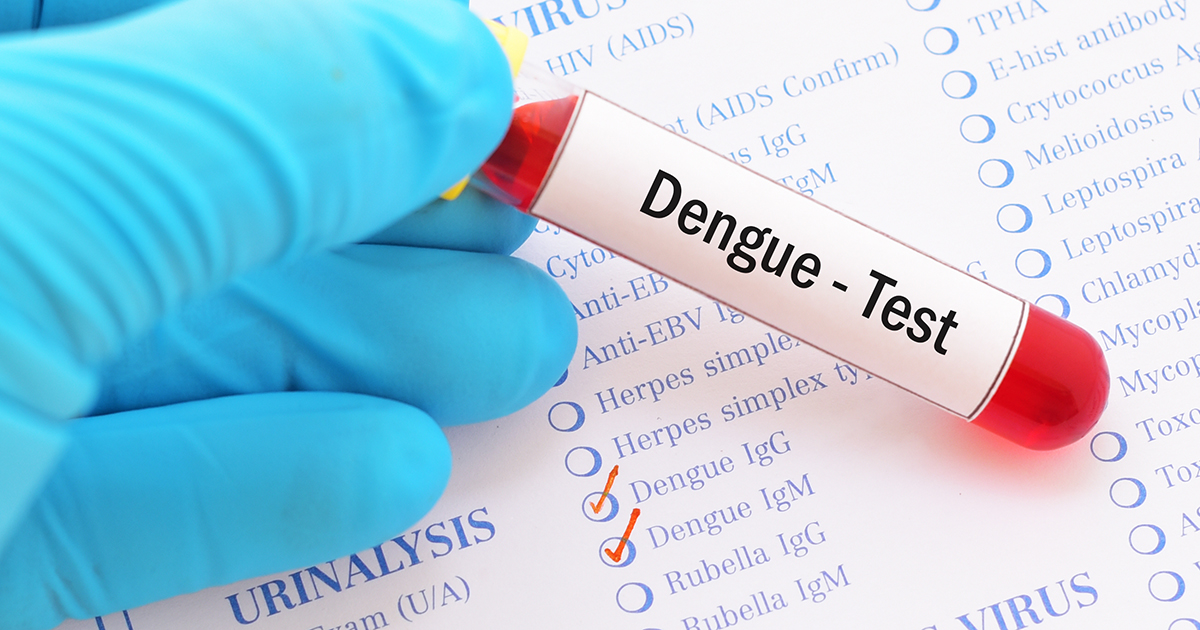What Are The Major Types Of Hemorrhagic Fever?
Ebola

Ebola can be caused by several different viruses, all of which are typically found in sub-Saharan Africa. The symptoms of this condition normally begin within two to twenty-one days after infection, and most patients start experiencing symptoms approximately eight to ten days post-infection. The clinical features of Ebola are similar to the Marburg virus and include a severe headache, high fever, vomiting, abdominal pain, and bruising. Patients also tend to develop fatigue, muscle pain, diarrhea, and bleeding. The mortality rate of Ebola is roughly fifty percent, and patients can be infected with the virus multiple times. Patients who successfully recover may still have certain antibodies associated with the virus in their blood up to ten years after recovery. Recent outbreaks of the virus occurred in rural and urban areas of West Africa. Researchers are currently working on a vaccine to prevent Ebola.
Dengue Fever

Dengue fever, also known as breakbone fever, is caused by the dengue virus. It is transmitted by Aedes aegypti mosquitoes, the same mosquitoes that transmit yellow fever. The virus is common in tropical and sub-tropical regions, and it has been reported in at least one hundred countries. More than three billion individuals across the globe live in areas at risk of dengue fever. Experts note approximately twenty-five percent of individuals infected with dengue fever will develop symptoms, and these can range from mild to severe. In mild cases of dengue fever, patients develop a fever, rash, nausea, vomiting, and pain in the muscles, bones, or eyes. These signs generally last between two to seven days, and the majority of patients recover within a week.
Among symptomatic individuals, an estimated one in twenty of these patients will have a severe form of dengue fever that can become life-threatening within hours. This form of the condition is more common in patients who have already had a mild case of dengue fever, and pregnant women also face an increased risk. Signs associated with this severe type of dengue fever include fatigue, abdominal pain, nosebleeds, and bleeding gums. Patients might also have blood in the stool, and vomiting typically occurs at least three times over a twenty-four-hour period. Patients with any of these warning signs should seek emergency medical care.
